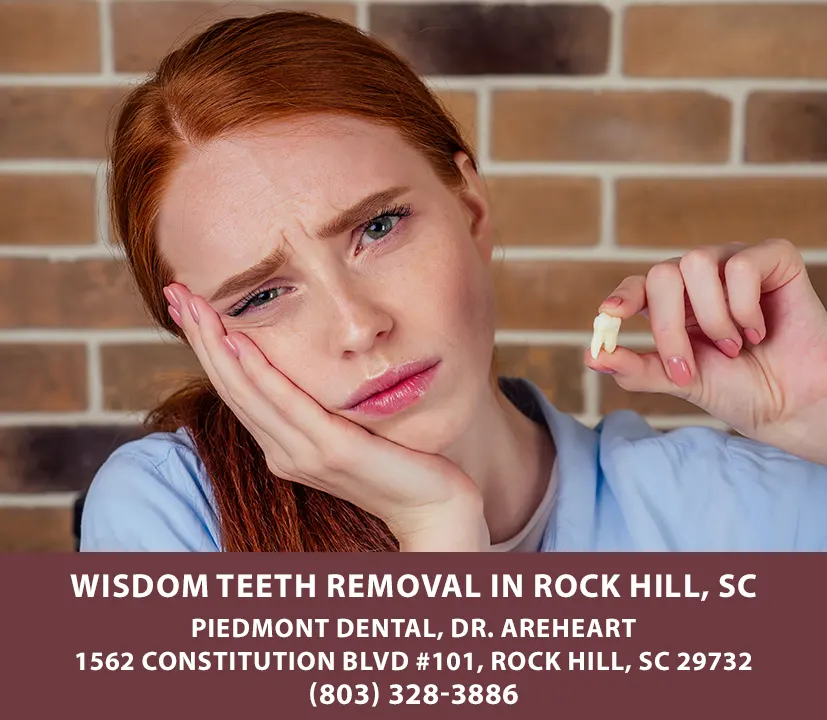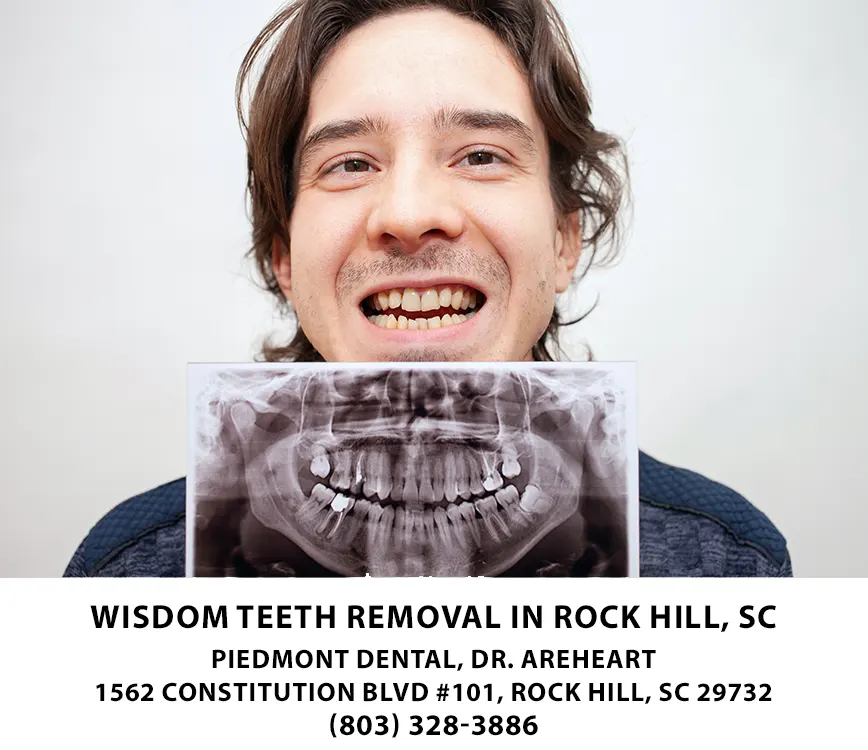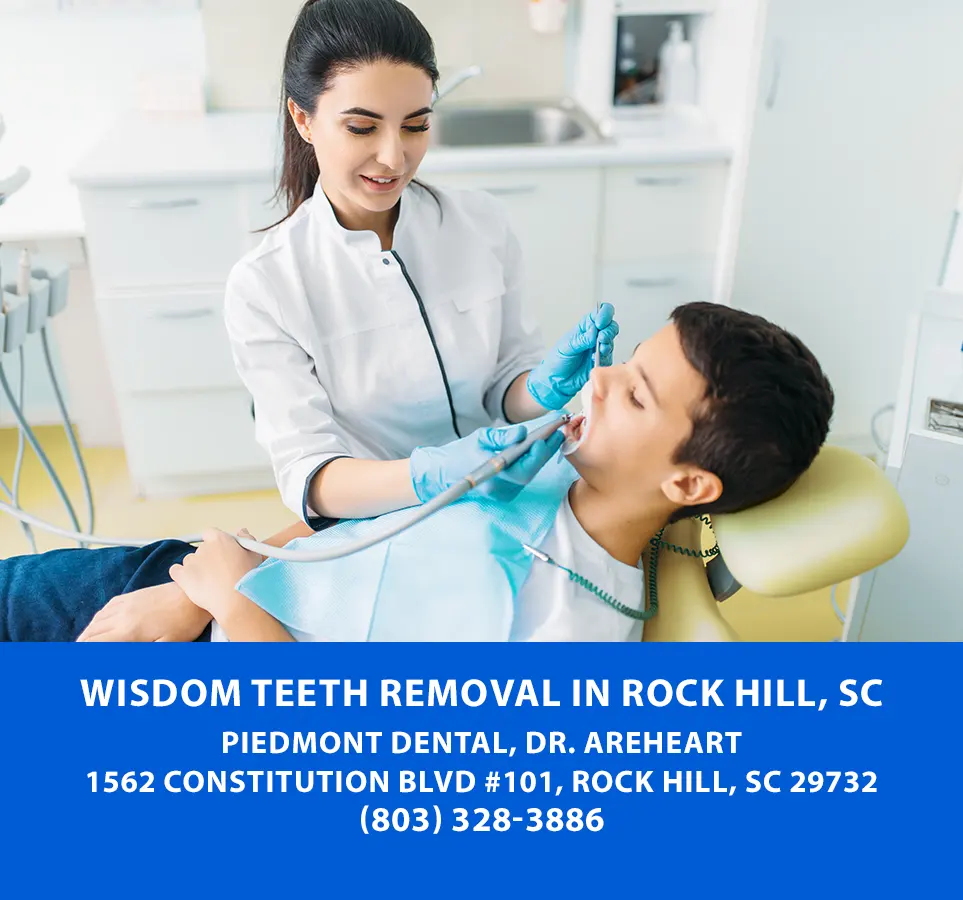What counts as an emergency dental?
What counts as an emergency dental? Understanding Emergency Dental Situations Dental emergencies can occur at any moment, often leading to significant pain and anxiety for

The wisdom teeth are the last set to develop. Your dentist might recommend surgery to remove wisdom teeth if they don’t fully emerge from the gums (also known as impaction).
Wisdom teeth (also known as third molars) can be as useful as other teeth as long as they are normal in growth and have healthy gum tissue. Wisdom teeth are not able to grow properly for many people.
Wisdom teeth are usually present between the ages of 17 and 21. When two-thirds have formed, the ideal age to get them out is between 18-24. They can be removed later in life, however.
Impaction refers to a situation in which a tooth does not ultimately emerge from the gums. You can impact wisdom teeth at different levels.
You can have the tooth at different angles.
You could be at risk from:
Your wisdom teeth may not need to go if they grow correctly and have enough room in your mouth.
Non-impacted teeth can be removed if there is a problem.

Initial Dental Exam
Dr. Arheart will examine your wisdom teeth, and then we will take X-rays of your mouth. Most people opt to have all four of their teeth removed at once due to it being more convenient in the long run.
Anesthesia will be administered to you. You may get anesthesia depending on the complexity of your procedure.

The dentist or surgeon will need to open the gum tissue to remove the tooth or teeth. If the bone tissue in the jaw is covering the tooth, it may be possible to remove some of it.
The tooth will be extracted. To make it easier to remove, the tooth may be cut or broken into several pieces.
The dentist, which will be Dr. Areheart if you choose Piedmont Dental to have the procedure done, will stitch the wound.
These tips will help you to recover quickly.
If you need wisdom teeth removal in Rock Hill, SC, Give Piedmont Dental Dr.Areheart a call to set up a consultation. Our dental office specializes in wisdom tooth extraction of all ages. We are also one of the only dental offices around that offers IV sedation, giving you the maximum amount of comfort during the procedure. Call us at 803-328-3886
Click here for directions to Piedmont Dental, Dr. Areheart
What counts as an emergency dental? Understanding Emergency Dental Situations Dental emergencies can occur at any moment, often leading to significant pain and anxiety for
Will they pull a tooth emergency dentist? Understanding Emergency Dentistry When dental emergencies arise, knowing where to turn is critical for your health and comfort.
How do you know if the dentist you found is a good dentist or not? Choosing a dentist can be a daunting task, especially when
What dental services do Rock Hill dentists offer? Understanding the range of dental services offered by local dentists is vital for maintaining optimal oral health.
What dental services do Rock Hill dentists offer? Dry-run content placeholder for What dental services do Rock Hill dentists offer?. Our Location Piedmont Dental –
What are dental bridges? Dental bridges are a reliable and effective solution for individuals who are missing one or more teeth. They not only restore